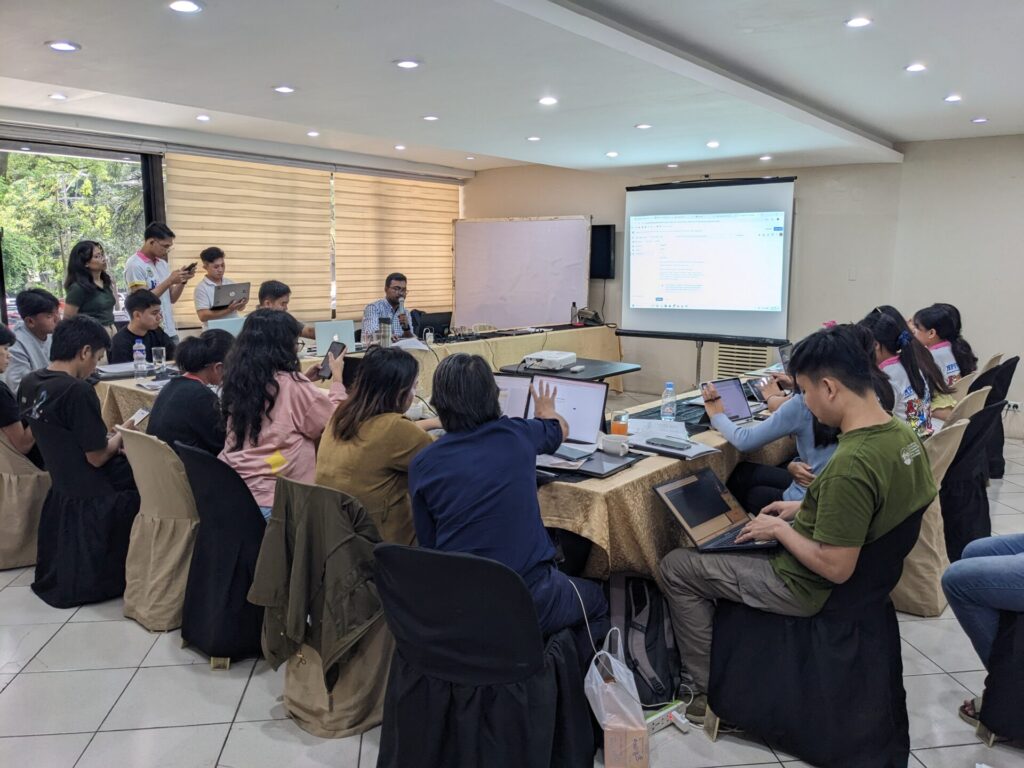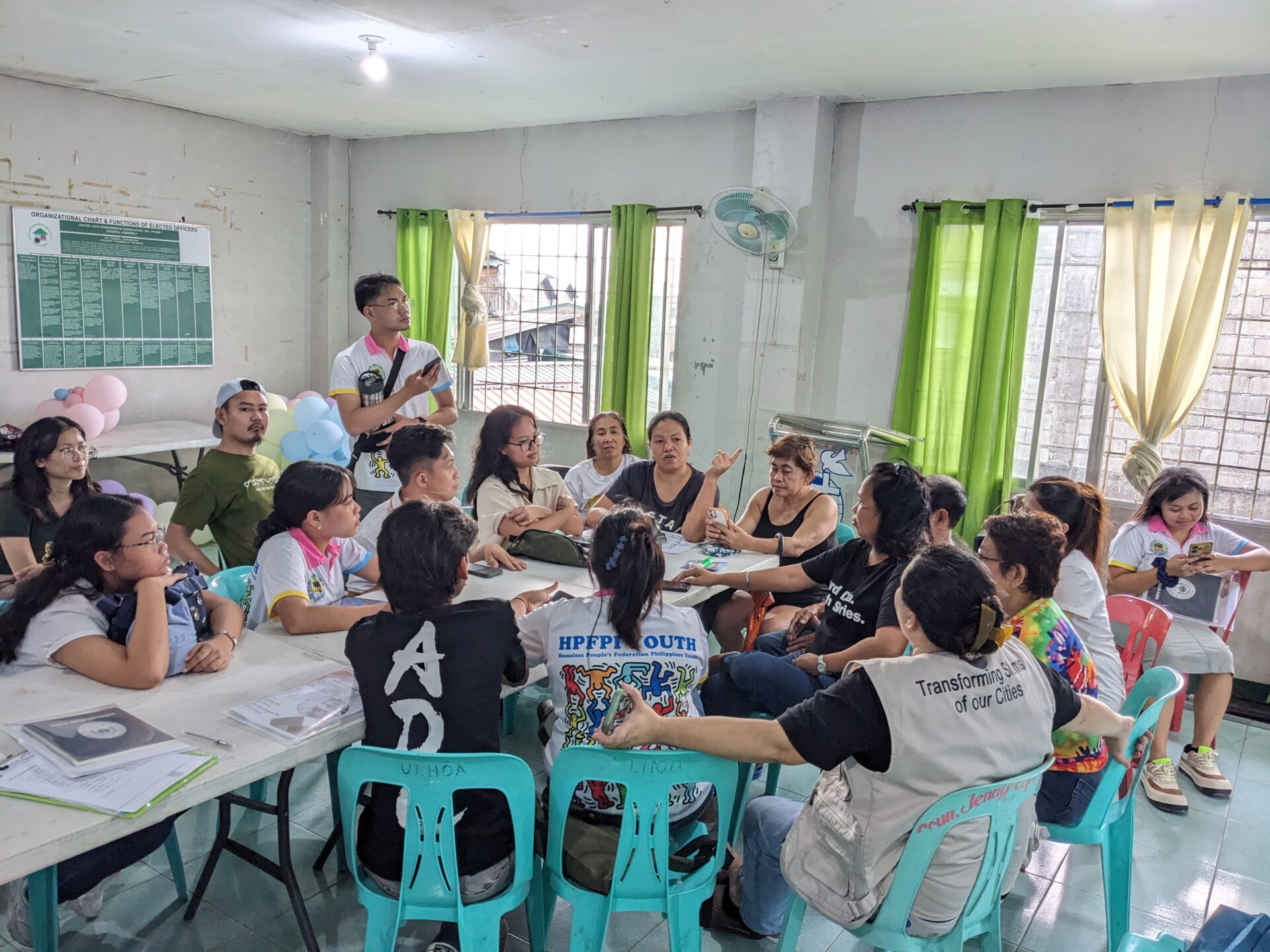Fostering New Capacity Strengthening Approaches and Gender Equality and Inclusion in Adaptation Research
/
Author: Alannah Hofemeier and Tamara Nyirenda-Jumbe CS Hub
In the evolving landscape of climate adaptation, strengthening capacities and promoting inclusive research are essential for generating knowledge that is both relevant and transformative. The CLARE Programme recognizes that adaptation and resilience challenges are diverse and dynamic — requiring flexibility, experimentation, and learning across contexts. To respond to these needs, CLARE supports initiatives that not only test new and innovative capacity strengthening (CS) modalities but also advance gender equality and inclusion (GEI) as integral components of effective adaptation research and action.
Through two complementary mechanisms within CLARE — the CS Responsive Fund and the GEI Collaborative Fund — the Capacity Strengthening Hub supports researchers and practitioners to explore innovative ways of working. While the CS Responsive Fund enables experimentation and cross-project learning around emerging CS needs, the GEI Collaborative Fund provides targeted support for small-scale research, training, and conference participation that elevate inclusive approaches in climate adaptation and resilience science. Together, these funds embody CLARE’s commitment to adaptive, equitable, and impactful research collaboration with southern leadership.
Celebrating Innovation and Collaboration Across the CLARE Community
The current (2025/26) recipients of the Responsive Fund and the GEI Collaborative Fund exemplify the creativity, collaboration, and commitment that define the CLARE community. From initiatives that pilot new and innovative learning and mentoring models to projects that elevate gender, equality and inclusion in adaptation and resilience research, each selected idea reflects a proactive response to emerging needs and opportunities. These teams are not only strengthening capacities within their own projects but also contributing to shared learning across the wider CLARE community. This cohort of the CS Responsive Fund is supporting six capacity-strengthening proposals while two Gender Equality and Inclusion (GESI)-focused activities are supported as of now, reflecting the Hub’s commitment to advancing both technical and inclusive aspects of climate adaptation research.
Selected project ideas to advance capacity strengthening
The selected CS-focused projects directly address emerging capacity needs, while fostering collaboration and shared learning across the CLARE portfolio.

Image: Session under the Application of an Innovative Vulnerability Assessment Tool being implemented by SURF-IT, RURBANISE and RECOVER. Source: RURBANISE Communications
- SURF-IT, RURBANISE & RECOVER – Application of an Innovative Vulnerability Assessment Tool: A joint training initiative applying an innovative vulnerability assessment tool in locations prone to climate risks in Bangladesh, Maldives and the Philippines.
- BENIN HEALTH – Health, Sanitation and Climate Justice: Strengthening the capacities of early-career researchers to advance work on health, sanitation, and climate justice through problem-based learning, in-person workshops, and virtual training.
- PALM-TREES – Eco-feminism: Strengthening eco-feminist transformational leadership and community engagement in Cameroon.
- INACCT Resilience & REPRESA – Cross-border learning: Enhancing coastal resilience through community cross-border co-learning in Beira, Mozambique and Durban, South Africa.
- Climate Reefs: IntegrateAdapt – Developing and applying integrated approaches for climate adaptation data analysis.
- WOSFER – Gender-Transformative Approaches for Resilience: Capacity building of research teams and extension workers in utilising gender-transformative approaches for climate adaptation and resilience in Uganda.
The GEI-focused activities emerged from the GEI Workshop held in Kigali, Rwanda (September 2024), which brought together focal points across the CLARE GEI Working Group for collaborative sense-making and co-design to generate ideas that address gaps in gender and social inclusion. Selected initiatives include:
- Masculinity and Vulnerability to Climate Change – Generating insights from Africa and Asia.
- UEA Conference – Gender and Development: Debates for a Changing World: Enabling participation and engagement at the conference held in June 2025. Access here the blog: Beyond the Checklist: Rethinking Gender, Justice, and Research in a Changing World | CLARE – CLimate Adaptation & REsilience
Together, these initiatives exemplify how the funds enable the CLARE community to address emerging needs, foster collaboration across projects, and ensure that GEI remain central to impactful climate adaptation research and practice.
Designing and learning about tailored and impactful CS
As part of the Responsive Fund, the CS Hub supports the conceptualisation as well as monitoring, evaluation and learnings of CS activitites to enhance impact. The Hub encourages applicants to consider the different dimensions of learning – who is learning, which specific capacities are being developed, and through which modality the learning is best supported. The CS Cube (Figure 1) illustrates this interplay of learner, capacity, and (support) modality. We also integrate Bloom’s Taxonomy to highlight how learning progresses from retaining foundational knowledge to higher-order thinking and from guided to independent practice. Together with other concepts, they emphasise that effective capacity strengthening goes beyond the transfer of information and requires carefully designed modalities that can support engagement, enable application of knowledge and, in the best of cases, lead to behaviour change.

Figure 1: Capacity Strengthening (CS) Cube (Source: CLARE Capacity Strengthening Hub, 2024)
There are many ways to categorise and make sense of the plethora of learning support modalities. For ease of reference, the CS Hub groups them into four broad groups, while recognising that some modalities may overlap across more than one group:
- (1) Informational (Sharing resources, introducing concepts)
- (2) Instructional (Learning from experts in a more formal setting)
- (3) Relational (Learning with others, peer learning, networking)
- (4) Experiential (Hands-on application, action learning, embedded research)
Further, to advance the learning from these initiatives, the recipients of the Responsive Fund are encouraged to use diverse MEL tools to monitor, evaluate, and learn about capacity strengthening activities that go beyond the counting of participants. The aim is to answer questions such as: Is the modality matching the scope and objectives in view of anticipated capacities and competencies? How can the training be considered a good training? Are participants applying the gained knowledge in practice? The overall aim is to help CLARE Community projects design MEL approaches that are purposeful, credible, inclusive, and feasible, while also capturing information and encouraging deeper learning about MEL for CS.
Categories
Countries
CLARE Pillars
CLARE Themes
CLARE Topics
Published
CLARE Projects
CLARE Partners


